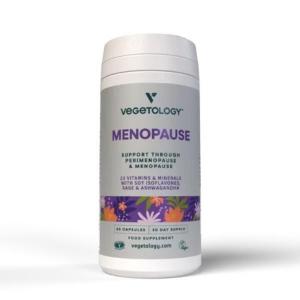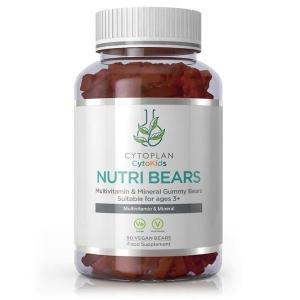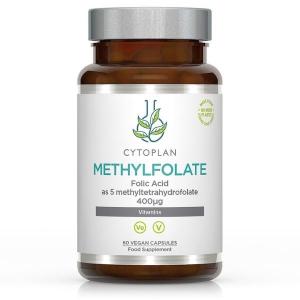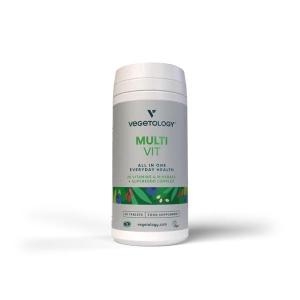
Find out how the salted version of peanuts affects heart health
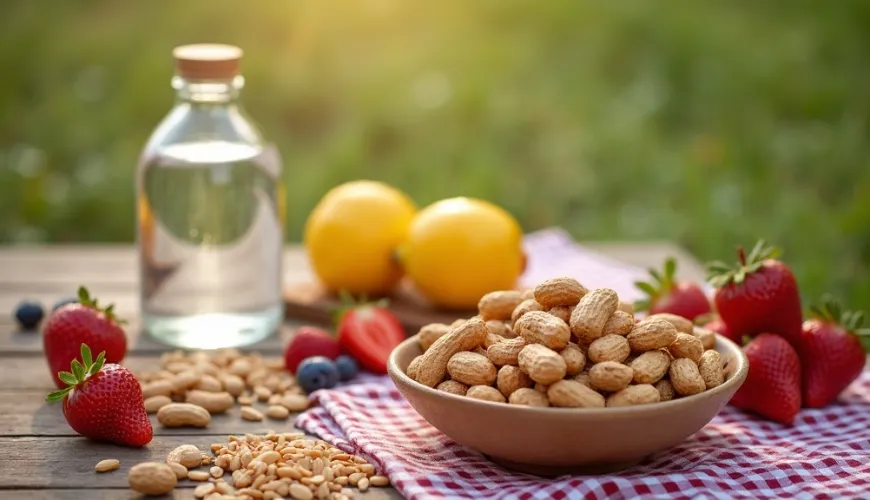
Salted Peanuts and Health - Are They Really Harmful, or Can They Be Part of a Balanced Diet?
Whether we're snacking on them while watching a movie, adding them to salads, or baking them into butter, peanuts are among the most popular nuts — even though botanically, they're legumes. It's their salted variant that's often associated with warnings that it's not healthy. But what's the real story? Can the consumption of salted peanuts be harmful, or can we enjoy them guilt-free? The answer is not black and white and depends on many factors worth knowing.
On one hand, peanuts are a rich source of protein, healthy fats, vitamins, and minerals. On the other hand, salt, in large amounts, poses a health risk. So where does the balance lie?
Try our natural products
Peanuts - Small but Nutritious Giants
A handful of peanuts (about 30 grams) contains approximately 170 to 200 kcal, 7 grams of protein, 14 grams of fat (most of which are healthy, unsaturated fats), and around 2 grams of carbohydrates. Add to this fiber, magnesium, phosphorus, zinc, copper, and vitamin E, and you have a truly nutrient-rich food.
Thanks to the high content of monounsaturated and polyunsaturated fats, peanuts can contribute to heart health. Research shows that regular consumption of nuts can reduce the risk of cardiovascular diseases by up to 20% (source: Harvard T.H. Chan School of Public Health). Additionally, they contain antioxidants that help the body fight free radicals and inflammation.
Interestingly, even though peanuts are calorie-dense, consuming them in moderation is not associated with weight gain. In fact, some studies suggest that people who regularly consume nuts are less likely to gain weight.
But once salt comes into play, everything gets complicated.
Salt as a Weakness and a Strong Flavor
Salt is an indispensable part of the human diet and is needed for the proper functioning of the nervous system and maintaining fluid balance. The problem arises when we consume too much of it. The World Health Organization (WHO) recommends not exceeding 5 grams of salt per day, which is roughly equivalent to one teaspoon. In practice, however, many people significantly exceed this limit — often unknowingly, due to hidden salt in processed foods, including salted peanuts.
One serving of salted peanuts may contain 150 to 250 mg of sodium, which may not seem like much at first glance — but snacking throughout the day can quickly increase this number. And when you add salt from bread, cheeses, or ready-made meals, it's easy to exceed the safe limit.
Excessive salt intake is associated with higher blood pressure, one of the main risk factors for cardiovascular diseases. However, this doesn't mean we have to give up peanuts altogether. The key is context and moderation.
When to Enjoy Peanuts and When to Limit Them
For example, an active young person who regularly exercises and eats a balanced diet can enjoy a handful of salted peanuts without worry. Salt in this small portion will not pose a significant problem if the rest of the day is not filled with over-salted foods.
Conversely, for people with high blood pressure, kidney disease, or other chronic conditions requiring sodium intake control, it's better to opt for the unsalted variant. The good news is that even unsalted peanuts can be flavored at home — for example, by lightly roasting them in a pan with herbs or a drop of olive oil and garlic.
One practical tip is not to consume peanuts alone as a snack but to incorporate them into meals – for example, as a topping for salads, in sauces, or with grains like bulgur or millet. This way, their satiating potential is fully utilized while reducing the risk of "overeating."
Salted, but in Organic Quality? That's Also an Option
An interesting alternative is peanuts in organic quality, often lightly salted with sea salt or dried seaweed extract, which adds natural saltiness but also iodine and other minerals. In online stores focused on ecological nutrition, like Ferwer, you can find variants with low salt content, flavors without monosodium glutamate, or completely natural products without additives.
One customer of the online store described her experience as follows: “I used to buy regular salted peanuts from the store and always ate them in one sitting. Now I buy the organic variant with light salt, and a smaller amount is enough for me, but the taste is much better. Plus, I feel good knowing I'm not eating chemicals."
From a healthy lifestyle perspective, quality is often more important than quantity. If you choose a product with natural ingredients and without unnecessary additives, your body will thank you.
What Do Experts Say?
According to nutrition specialist Margit Slimáková, there's no need to demonize any food if it's consumed in moderation: “Salted peanuts are not evil. The problem is not with the peanuts themselves, but with how much and how often we eat them. As with other processed snacks, read the ingredients, choose quality, and eat mindfully."
This approach also supports a healthy relationship with food – instead of bans and guilt, it's better to enjoy a "salty pleasure" if we know how to incorporate it into our diet.
Tips for Enjoying Peanuts Healthier
- Opt for unsalted or lightly salted variants.
- Avoid peanuts fried in unsuitable oils – prefer dried or dry-roasted.
- Combine peanuts with other foods – such as fruit, vegetables, whole-grain bread, or legumes.
- Monitor total salt intake throughout the day – salted peanuts are not a problem if they're not the only (or another) source of excess sodium.
- If you like a salty taste, try natural alternatives – seaweed, tamari sauce, or smoked paprika.
In today's world, where diets are often extremely processed and over-salted, it's important to choose what we eat. But it's equally important to maintain the joy of eating. And if that joy is a small handful of quality salted peanuts, there's no reason to give it up.
Ultimately, it's not about whether salted peanuts are healthy or unhealthy, but about the context in which we consume them. As with many other foods, the principles of quantity, quality, and balance make the difference. And if you feel good consuming them, have no health restrictions, and overall eat a balanced diet, there's no reason why these tasty legumes can't be part of a healthy lifestyle.
